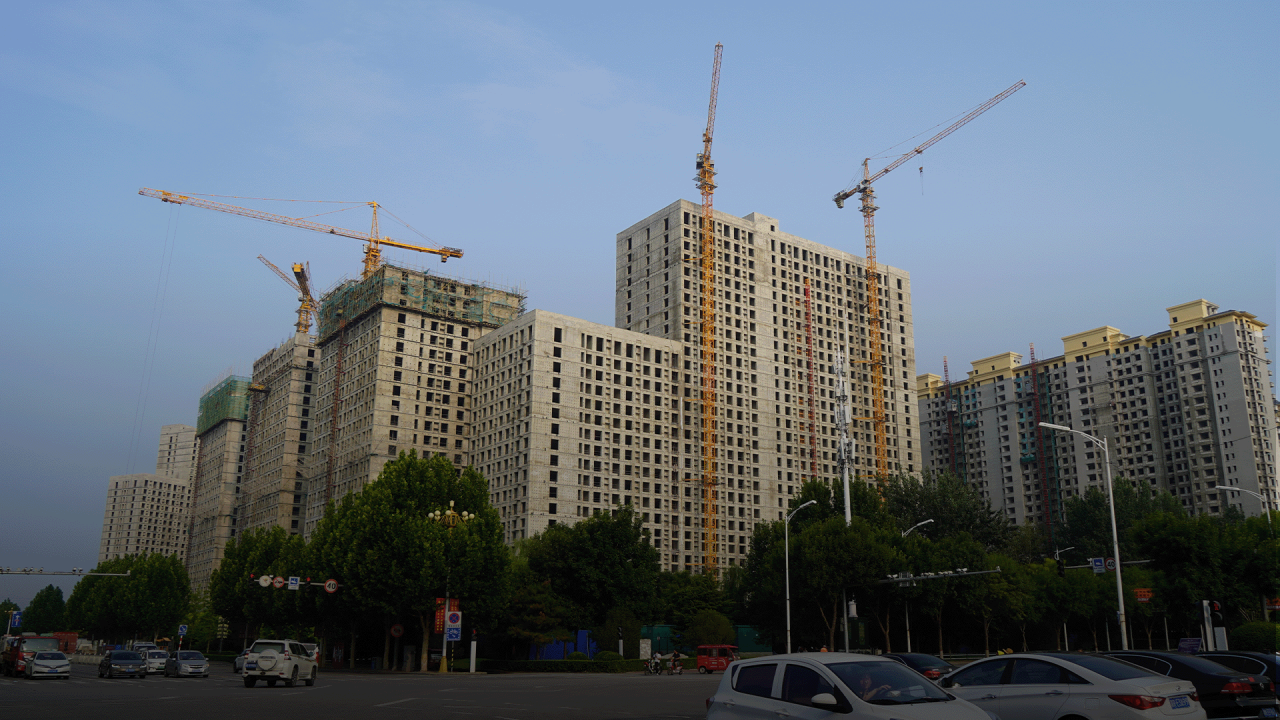
With China battling to stabilise its property market, talk of a recovery is premature
- The easing of Covid-19 restrictions has undeniably boosted sentiment and sales. But for a government that must still deflate a bloated and overleveraged industry without crashing the market, just stabilising things is proving a challenge
In a note published on January 11, S&P Global Ratings said a package of measures unveiled by Beijing since last November – designed to ease the liquidity crunch faced by developers – had put the sector “on the cusp of a recovery”, drawing a line under the crisis.
A report published by Moody’s Investors Service on March 1 said the measures signalled “a notable change in [the] policy stance to loosen the credit environment, which will bolster investor confidence and reduce the number of defaults”.
There are also signs that distressed developers are making progress in restructuring their debts. A report published by Fitch Ratings on February 23 noted that at least eight had “completed or reportedly kicked off the restructuring of their bonds – mostly by extending maturities – in onshore and offshore markets”.
A Bloomberg index of Chinese real estate stocks listed on the mainland and in Hong Kong surged close to 60 per cent between the end of October and early December, and is still significantly above its low prior to the policy shift. “The end of the zero-Covid policy is very important as it helps the economy regain growth momentum and is more conducive to restoring confidence in the housing market,” said Edward Chan, a director at S&P Global Ratings in Hong Kong.
Acute tensions between efforts to forestall a more severe financial crisis and the need to reduce leverage and speculation make it extremely difficult to restore confidence in the industry, particularly among homebuyers.
Weak governance allowed many developers to misuse funds homebuyers paid during the presales stage, forcing local governments to restrict access to presales proceeds, exacerbating funding stresses in the sector. The damage inflicted is not about to be reversed any time soon.
In a report published last July, Nomura estimated that developers had only delivered around 60 per cent of the homes they pre-sold between 2013 and 2020, with the gap between new sales and completions widening sharply as Beijing’s deleveraging campaign gained traction in 2018. Moody’s notes that homebuyers “remain cautious [about] purchasing properties under the presales model, which places the burden of incompletion largely on them”.
Yet, the main reason it is difficult to see a meaningful recovery in China’s housing market taking shape is because the asset price bubble has been pricked.
The government is trying to deflate the bubble without causing home values to plummet, which would be a disaster in a country where housing wealth accounts for 70 per cent of all Chinese assets, while the industry underpins close to a quarter of the nation’s GDP. However, it has little choice but to cut a bloated and overleveraged industry down to size.
Painful as it is, China must break its property-speculation habit
These include fiscal reforms to reduce local governments’ over-reliance on the property market, providing households with alternative savings options, and increasing the quantity and quality of public and rental housing to cushion the impact on the construction sector.
As S&P Global Ratings director Chan put it, the high-growth period in Chinese property is “behind us”. “Going forward, the market will become smaller but steadier,” he said, with less aggressive financial engineering among developers. Beijing’s ability to let the air out of the bubble gently will depend partly on whether it is able to make headway with these reforms.
For now, however, just stabilising the market is proving difficult. A resilient recovery is wishful thinking.
Nicholas Spiro is a partner at Lauressa Advisory


